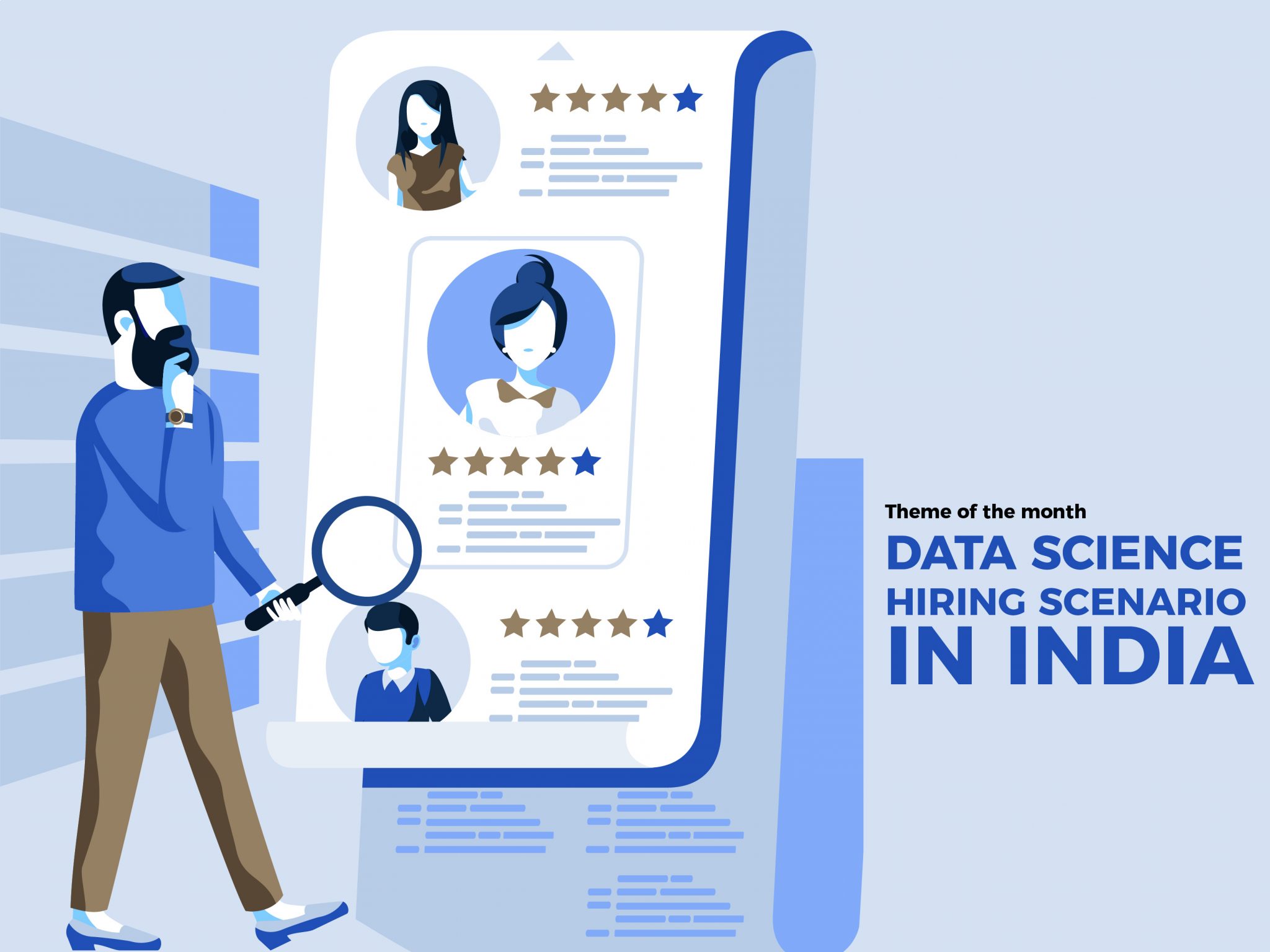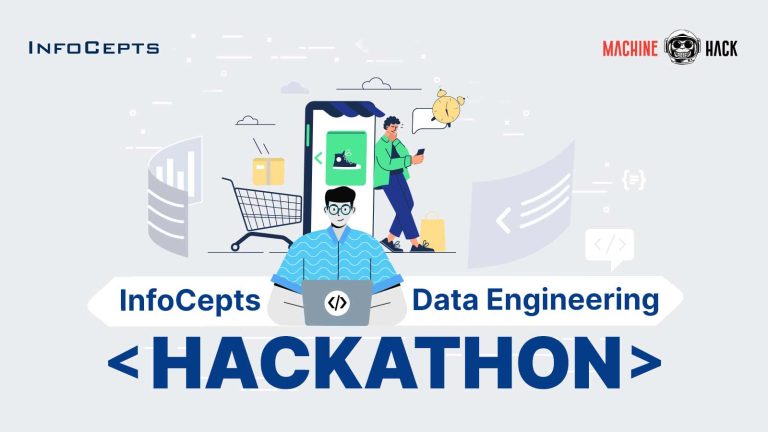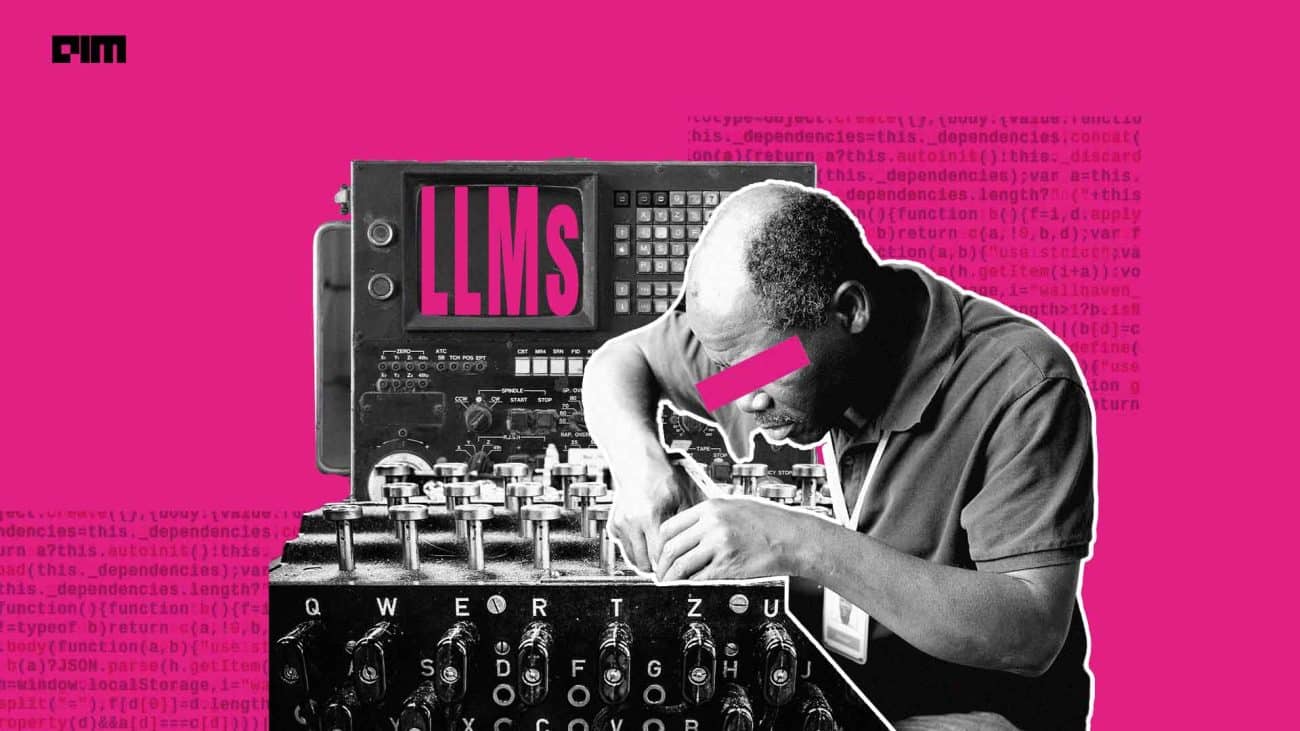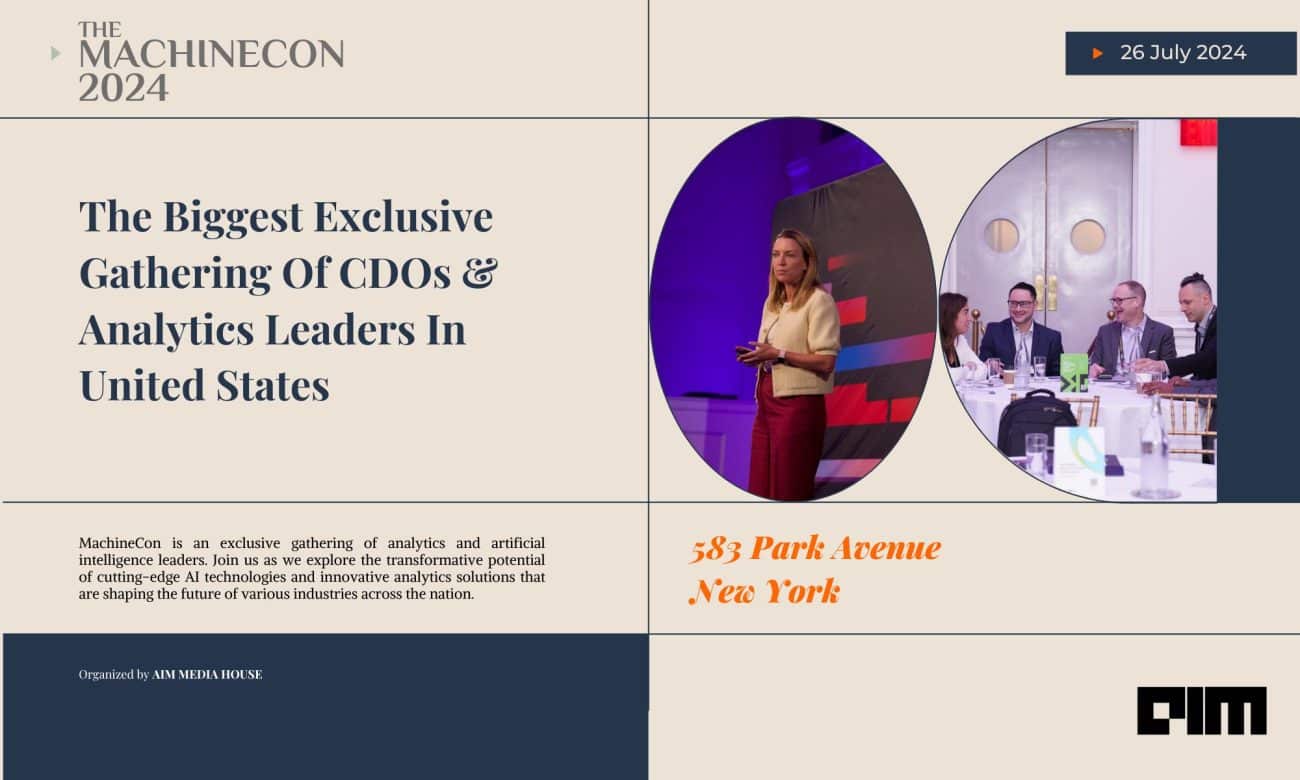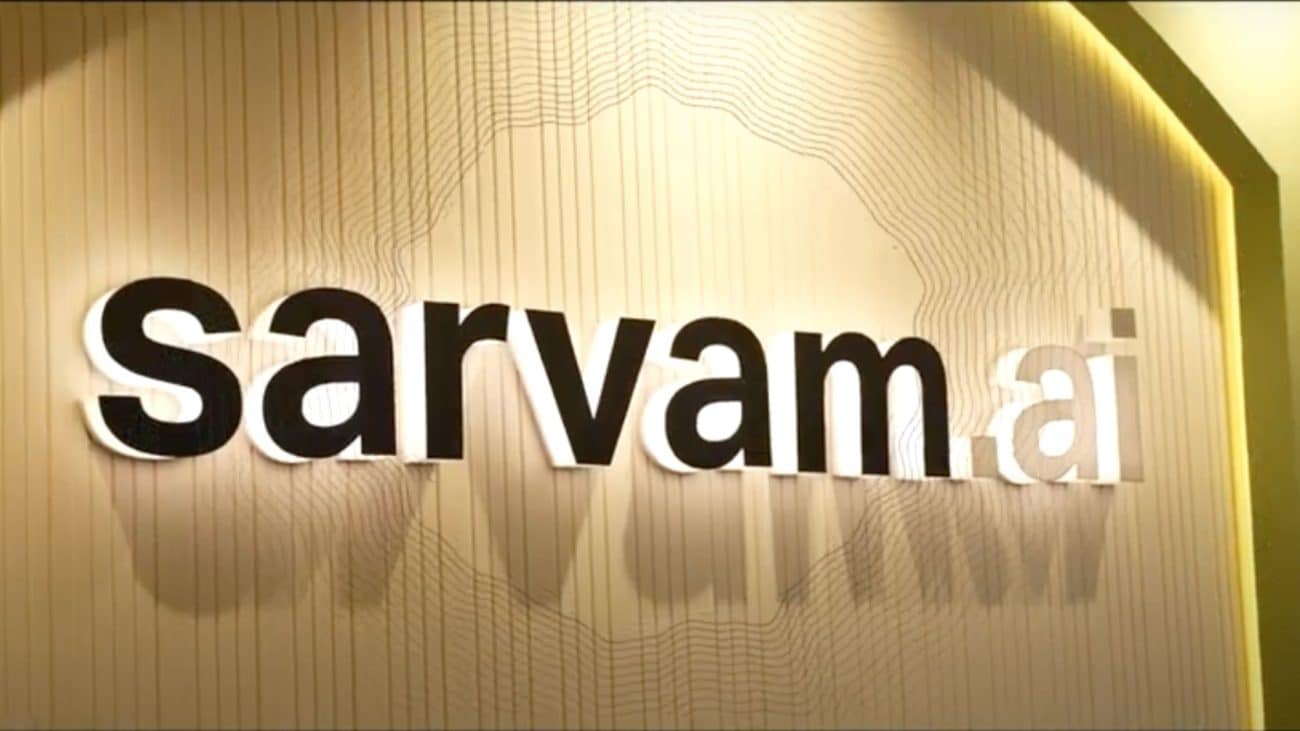Talk to any major analytics and data science recruiter, and the first challenge that they mention is hiring. While the data science recruitment is happening at a rapid pace, the industry needs are often not met, owing to several challenges from an outdated educational system that hasn’t kept pace with the industry’s demands to unsatisfactory exposure to required skills. While companies are giving good compensation to data scientists today, with a good increase in compensation over the last two years, the challenges still persist.
To get an industry perspective on this, Analytics India Magazine spoke to hiring managers and gleaned insight on hiring trends, skills required, educational qualifications that companies are looking for, measures that companies can take to improve and more.
With this detailed story, we aim to chalk out a thorough idea of the hiring scenario in Indian companies and how are companies looking to improve the hiring process. We discussed six core areas that are often the talk points as soon as we get into the road of analytics hiring.
Talent shortage in the analytics industry:
This is the most talked about challenges that analytics recruiters face. There are many reports suggesting an acute talent shortage of almost 1 lakh open analytics positions. There is a demand for experienced analytics professionals, but the ground reality is that the companies are struggling to get freshly trained graduates out of college. “This calls for an increased partnership to bridge the critical gap in demand vs supply between academia, corporate, government, along with supporting associations and regulators”, says Suman Reddy, MD at Pegasystems India.
On the contrary, Ashish Sam from TheMathCompany believes that talent is out there and available in plenty, but the challenge is to find a candidate that is a good fit for the organisation. To get the right talent, some of the steps that they take are organising hackathons, get them to interact with different team members, give them situations and case studies to get an understanding of their problem-solving skills, amongst others.
Addressing the talent gap by companies and educational institutions:
While we have discussed that there is a talent shortage in the sector, how can we deal with this? Sam has a detailed roadmap for companies and institutions that needs to change for addressing the talent gap. He firmly believes that the education system has a dated curriculum and not in line with the latest developments. It is mostly theory-focused and lacks practical application in the real world. He stresses on institutions to have a constant connection with the industry to understand the advancements and technological changes taking place.
For companies, he says that learning team has a big role to play. “Their job is not limited to training but also constant reinforcement through problem-solving and conducting regular follow up sessions,” he said.
Ishan Bansal, Co-founder, Groww says that data analytics tools are easy and can be learned in a few months. It’s in thought and theory of what analysis instead of how to do it. The gap can be overcome with giving the student’s case studies without data, then explore with statistical inferences, common sense, and imagination and then see what they can or cannot tackle with data.
The need for reskilling:
As the industry keeps evolving in the various technological advancements, the need for reskilling and keeping updated with eh latest trends becomes imperative. This is also important for the candidate to be most updated with the latest happenings in recruitment sector. “Re-skilling is the key to our consistent growth and we have a dedicated learning and development cell-Co.ach, to ensure our employees are up-to-date with all the latest industry trends and technologies,” says Sam. with this program they are facilitating a program that makes learning more relevant and effective.
Reddy shares that they are also addressing this challenge with their initiative, Pega Academy, which allows employees to learn a course at no cost. “Pegasystems also offers employees to build data and analytic capabilities if they aspire to become data scientists or data analysts,” he shares.
Hiring data generalists vs specialists:
There is often a debate on whether to take data science specialist or generalist as there may bring different capabilities to the table. As Sam puts it, there are challenges associated with having only experts or specialists in a team as expertise comes with a limited shelf life. Having a generalist on board helps in the cross-pollination of ideas not just across technologies, but across industries.
Reddy echoes the same point as they predominantly look for hiring data generalists, especially those who have vast experience across a number of challenges through their work. He also stresses on the importance of building the talent in-house, sourcing niche talent through acquisitions or collaborating with partners. “Recently, with the acquisition of Infruid Labs, we have added stronger analytics expertise to our workforce that will allow us to build more robust data analytics capabilities for our clients,” he said.
Automating HR processes:
One of the other challenges in hiring for any industry, let alone analytics, is the need to screen through resumes. The process of screening resumes is a routine and rule-based tasks which many companies are delegating to machines by automating the system. “Streamlining the resume screening process could involve presenting a coding test for a certain cohort to evaluate their capabilities and filter the right candidates to be taken to the next stage. Using recognized hacking platforms helps us manage how the right resumes are efficiently funnelled, helping us identify the right talent that matches the job profiles,” says Reddy.
On the other hand, Sam has a different take. “AI can now be trained to review and screen profiles to suit our requirements. Having said that, I believe there is a lot of value add that the traditional approach of screening does,” he says.
Calling and talking to the candidate helps in understanding the candidate such as communication skills, ability to articulate their work/project, understanding of technology, and more. “While the idea of automation of the screening process is to able organisations to manage scale, some of these aspects may not be easily done on the tool,” he says.
Dealing with the attrition rate:
Sam agrees that it is a constant challenge for organisations. A lot of effort needs to go into tackling this problem. “At our company, we take steps such as our engagement with senior employees is sustained, we work together on organisation initiatives, involving them in key decision making, regular feedback/discussions and so on. The key to keeping senior level employees happy and engaged in any organisation is to understand their aspirations and inform them of their contribution or role in building the company. Their identity is critical to any organisation. They also need to be able to see the big picture,” he says on a concluding note.


